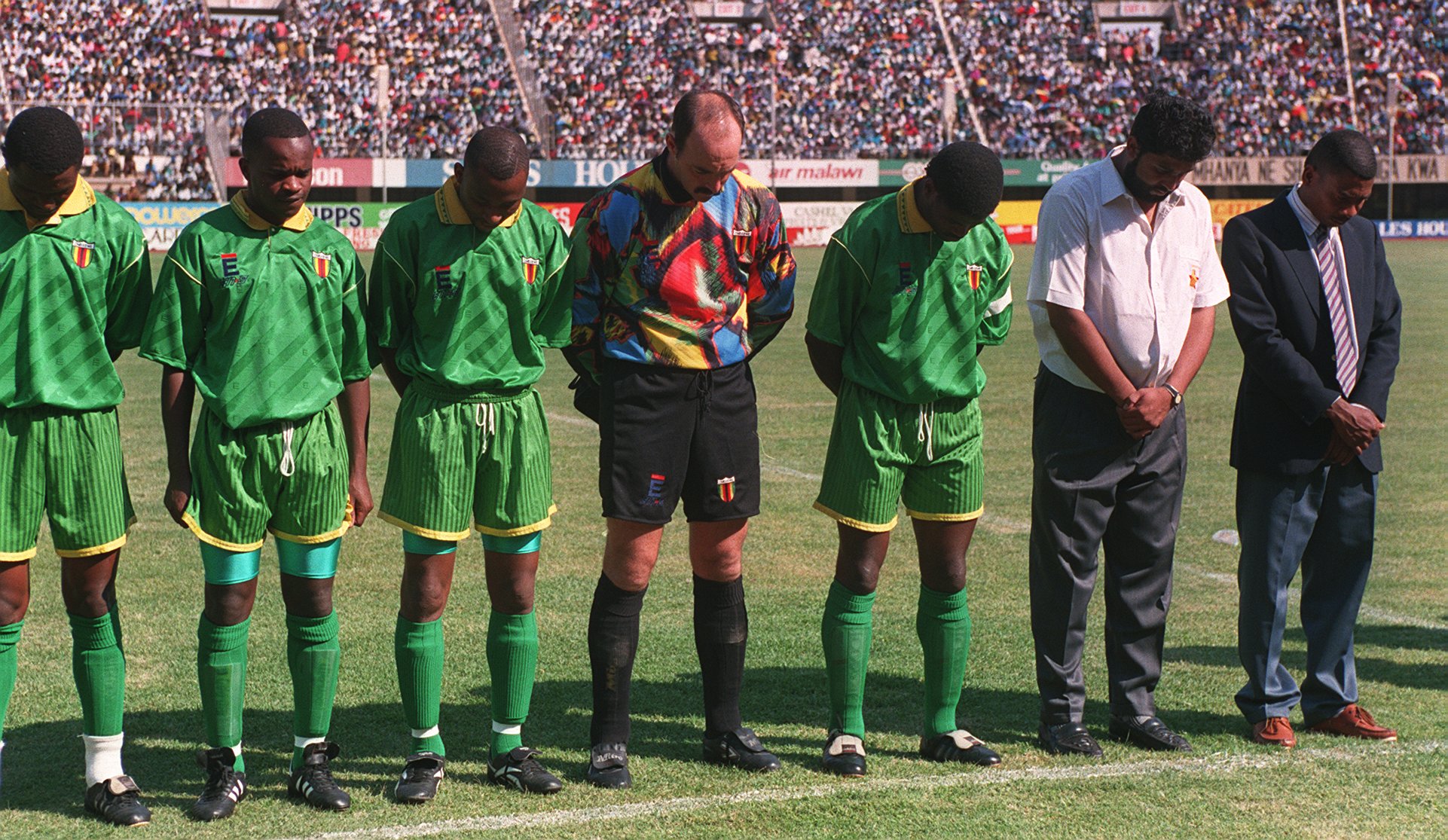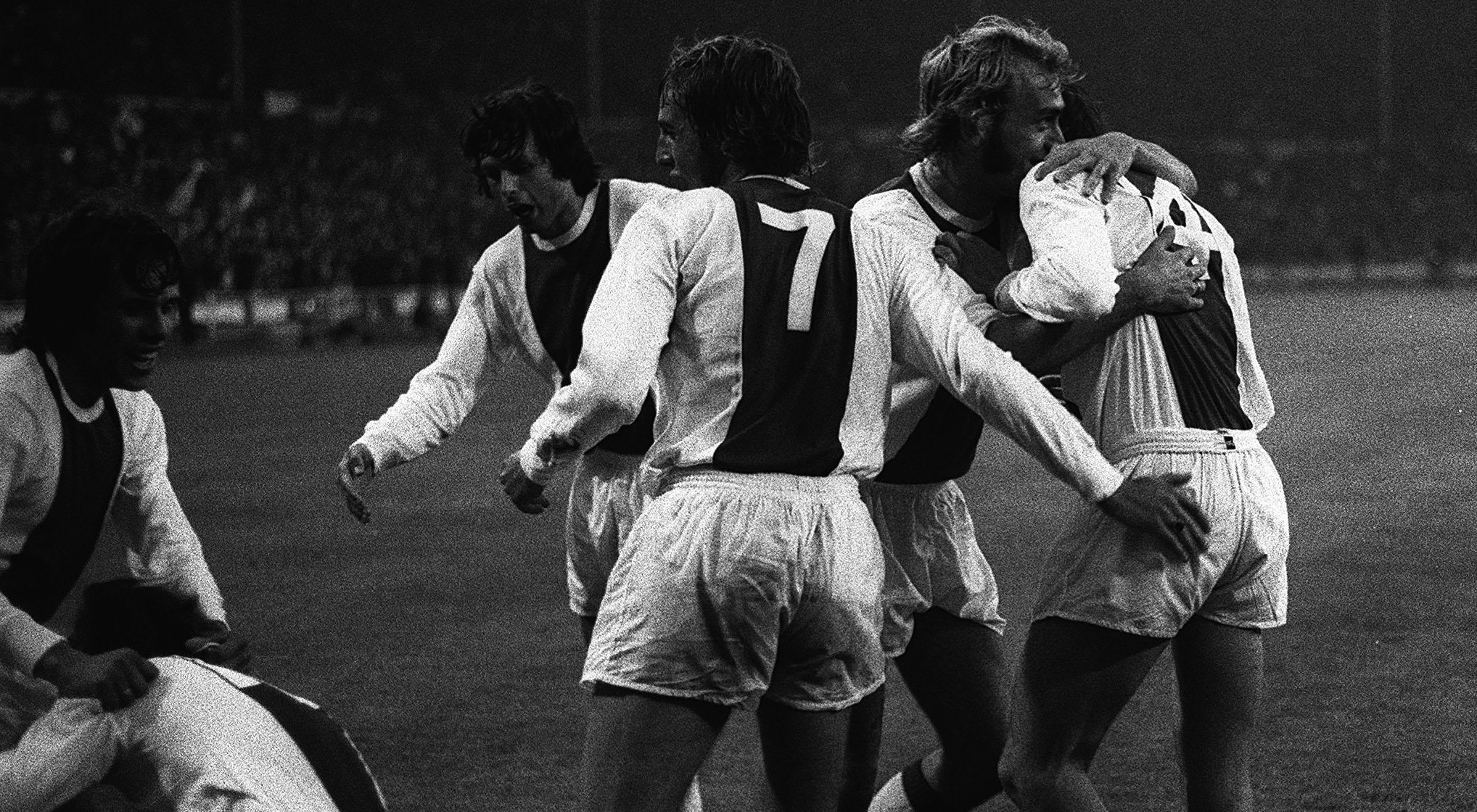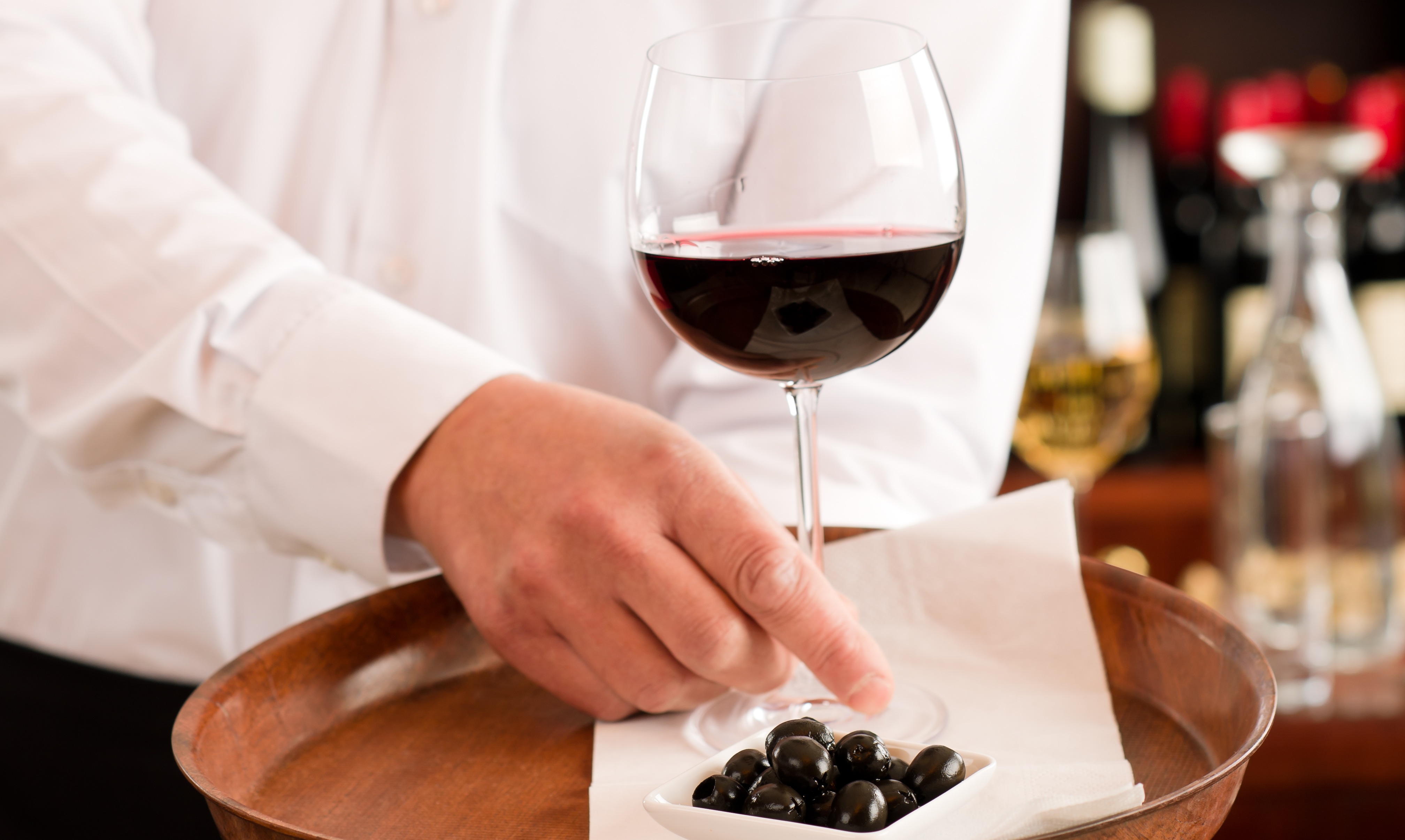Top 10: Superstitions
Football expert James Horncastle investigates lucky charms - but you can forget black cats, horseshoes and four-leaf clovers...

Romeo Anconetani and lots of salt
Plato described salt as being especially dear to the gods, so it's perhaps unsurprising that football fans, who are really just Greek philosophy lovers in disguise, often season the pitch in the hope of tasting some good fortune.
Except, that is, in South America - where salt remains the condiment of choice for invoking the evil spirits of defeat.
Given that Italians routinely do the opposite to anyone else and excessively so, often betting against their own team out of superstition, Romeo Anconetani, the legendary former president of Pisa, rarely took his pre-match rituals with a pinch of salt.
In fact, before a delicate match against Cesena, he once covered the pitch at the Arena Garibaldi with 26kg of the stuff.
Pablo Hernández Coronado and a glove of garlic
Unfortunately in this country, all garlic is regarded as is an enemy to fresh breath and those long-in-the-tooth blood-sucking neckpeckers who are back in fashion at the moment on cinema screens and E4.
Get FourFourTwo Newsletter
The best features, fun and footballing quizzes, straight to your inbox every week.
It's slightly harsh to say the least on this delicious member of the onion family, especially when you consider that garlic is cherished in Spain and Italy - and not just for its culinary qualities.
Pablo Hernández Coronado - a Real Madrid goalkeeper from 1915 to 1922 who, like someone from a Bertolli ad, actually lived until he was 100 - once claimed that Los Blancos didn't win a league title for five years after their stadium was refurbished.
That is, until a cheeky supporter broke into the ground and buried a clove of garlic in the centre circle. The curse was miraculously lifted.
Ajax, Yogi and the massage table
To some, Yogi is merely an affable cartoon bear. To others he is a legendary Yankees catcher, manager and outfielder. But to Salo Muller, Ajax's physiotherapist from the '70s, Yogi was actually Johan Cruyff, the number one or two - he can't remember - in the club's complicated pre-match massage table ritual.
"Every player had his number," Muller recalled. "If the person at number three, for example, went to the toilet, we all had to wait for him... And when I'd finished each massage I had to say something special to each player.
"To Cruyff I had to say: 'Yogi Twee.' I called him Yogi, I don't know why.... To Henk Groot I had to say: 'Henk: a very, VERY, good match.' Two verys." It evidently worked as Ajax won three straight European Cups from 1971 to 1973.

Bruce Grobbelaar and a wet goat's tail
Long before the so-called 'spaghetti legs' put off Roma striker Francesco Graziani in the first-ever European Cup final penalty shootout in 1984, Bruce Grobbelaar would participate in a ritual that was bizarre but not uncommon back home in Zimbabwe.
As Grobbelaar told Ian Hawkey in Feet of the Chameleon: "We would go into the witch doctor one at a time to have water swished over us with a goat's tail and while we were still wet, we would put on our football kit and rejoin the circle to chant."
Romans like Graziani are used to eating ox tongue, but not washing with a goat's tail. So it's little wonder that the World Cup winner skied his spot kick.
Carlos Bilardo's beef was Alan Shearer's chicken
It's undoubtedly cheap to say that footballers have a voracious appetite for birds, but as a general assertion it's not wide of the mark.
Alan Shearer's nickname in his Southampton days was 'chicken and beans' because that was his pre-match staple. When Newcastle United opened a restaurant called Shearer's soon after his homecoming, no fewer than six dishes on the menu were chicken based.
It's lucky then that Carlos Bilardo, the Argentina coach at the 1986 and 1990 World Cups, never took charge at St James' Park. El Narigón - that's Big Nose to you and I - considered chicken to be unlucky and made his players eat beef.
As a tough-tackling bite-your-legs midfielder for Estudiantes in the '60s, you could often tell Bilardo had beef with someone. After all, he'd had it for lunch before he had opponents for dinner.

Karl-Heinz Rummenigge's window seat
Stereotypes are often crude, unhelpful and far too black and white, no more so than about Germans. But Karl-Heinz Rummenigge truly excelled when it came to order and general fastidiousness.
In fact, woe betided anyone who had aspirations on the left-hand window seat in the fourth row of the Bayern Munich bus in the '70s and early '80s, for that belonged to "'Kalle' and no one else. "For a footballer, it's indispensable to be superstitious," he opined.
Chelsea captain John Terry might have thumbed through Rummenigge's biography, as he too insists upon having the same seat on the bus along with the same place in the Stamford Bridge car park. But it's distinctly unlikely that before every game he eats three biscuits and drinks half a cup of tea, as Rummenigge supposedly did.
Suárez, Il Mago and a glass of red wine
Richard Dawkins permitting, Jesus turned water into wine. Luis Suárez, the sinewy former Barcelona and Inter midfielder, elaborated on the trick in the 1960s, believing that he could turn wine into goals - but only if his glass was spilt during a pre-match meal.
Helenio Herrera, Inter's legendary coach nicknamed Il Mago (the Wizard), ensured that this happened before crucial matches, seemingly walking into the dinner table by accident to knock over Suárez's glass. The Spaniard, on seeing the soaked tablecloth, would hurriedly dip his finger in the wine before touching his head and then his foot.
Who knows how many wonderful bottles of claret assisted in Suárez scoring 115 career goals?

The Frenchman, the Swede and the Astrologer
Today's football manager has a whole host of tools at his disposal to help him pick a team. A number of them use Prozone, the performance analysis system, to inform their decisions.
But not France coach Raymond Domenech. When Ray talks about footballers being stars, he is invariably referring to the signs of the Zodiac.
"When I have a Leo in defence I've always got my gun ready as I know he's going to want to show off at one moment or another and cost us," Domenech explained in the build-up to Euro 2008, much to the consternation of French fans.
Ray's comments didn't isolate him - he was already deeply unpopular. So it perhaps might comfort him to know that Nils Liedholm, the classy former Roma and Milan coach, would regularly consult a known wizard, Mario Maggi, about his formation before key games.
Maggi apparently even predicted Roma's defeat in the 1984 European Cup final. "Nils didn't speak to me for two months," he said. "I wasn't just a good luck charm for him, but also for other players, among which there were Bruno Conti and Franco Baresi."
Sergio Manente and the "lucky" own goal
Forget Calciopoli and Luciano Moggi's triad. For there was once a time when Juventus had style and liked to give something back.
If Gianni Agnelli really wanted a player he'd promise to build a factory in the club's town. Sergio Manente, Juventus's attacking midfielder in the late '40s and early '50s, exemplified this philosophy.
With the Scudetto already wrapped up in 1950 and 1952, Manente insisted upon making a gesture. Up went his hand displaying an open palm, which told Juventus's despairing goalkeeper Giovanni Viola everything he needed to know. Manente intended to score an own goal in five minutes' time. He never failed. It was his little way of thanking the football gods.
Alan Rough, an old tennis ball and a thistle key ring
In Brazil, they say that the grass doesn't grow where the goalkeeper stands, so there's reason enough for them to be a superstitious bunch. Ricardo Zamora, the legendary Spanish goalkeeper, used to hang a rag doll in his net, presumably because he thought it carried luck. It probably just scared the hell out of strikers.
Amadeo Carrizo, the River Plate keeper in the '40s, '50s and '60s, famously wore his baseball cap day and night, and went eight games without conceding a goal, only for Boca Juniors striker Ángel Clemente Rojas to steal it. Needless to say, Carrizo conceded twice and River lost the derby.
Alan Rough, the former Scotland No.1, had enough superstitions to fill this whole feature. He wouldn't shave before a game, carried an old tennis ball as well as a key ring in the shape of a thistle, and always used the No .13 peg in the dressing room. Interestingly, he never lost at Wembley. Lucky him.
